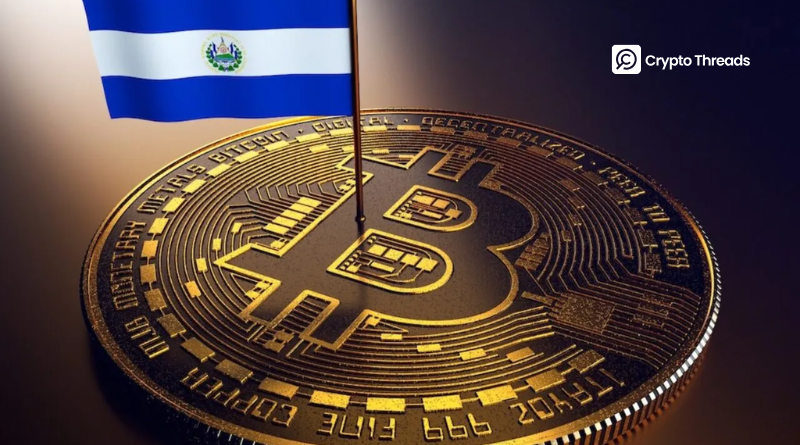El Salvador Approves Law Allowing Investment Banks to Hold Bitcoin and Serve Qualified Investors
El Salvador is shifting its crypto strategy to focus on institutional investment by allowing well-capitalized financial institutions to hold Bitcoin and offer crypto-related financial services to sophisticated clients. This move marks a new phase in the country’s evolving relationship with digital assets.
- A new law enables financial institutions with over $50 million in capital to become investment banks, eligible for crypto licenses.
- Crypto services are available to investors who hold at least $250,000 in liquid assets.
- The law aims to regulate and integrate crypto services within traditional banking frameworks.
- Reflects a shift from retail-focused adoption to institutional investment after previous public sector efforts stalled.
From Retail Push to Institutional Focus
El Salvador’s legislative assembly recently passed a law opening the door for regulated financial institutions to engage in crypto services, but only on an institutional scale. To qualify as an investment bank under this law, entities must have a minimum capital of $50 million. These banks can then apply for crypto licenses, allowing them to offer Bitcoin and other digital asset financial instruments, but only to “sophisticated investors” with liquid assets exceeding $250,000.
This new framework builds on previous crypto license categories, such as bitcoin service providers and digital asset issuers, by allowing investment banks to layer these crypto licenses on top of their existing banking licenses. Effectively, this lets large institutions hold Bitcoin, issue tokens, and structure crypto-linked financial products within a regulated environment, sidestepping the need for an entirely new licensing system.
According to Dania González, a government representative, “The institutional architecture of the Salvadoran financial system will be expanded as a new, but regulated and supervised entity, complementary to the traditional banking system we are all familiar with.” The move is backed by El Salvador’s Ministry of Economy and signals an official embrace of institutional crypto involvement.
Why This Shift Matters
El Salvador’s early efforts to boost Bitcoin adoption focused heavily on retail users, including mandating businesses to accept Bitcoin payments starting in 2021. However, mass adoption lagged, with reports showing only about 1% of remittances involving crypto and roughly 20% of Salvadorans adopting digital assets.
Following an IMF loan agreement in early 2025, the government paused its public sector accumulation of Bitcoin and rolled back certain retail-focused regulations to stabilize its economy.
While the Bitcoin Office claims to continue buying about 1 BTC daily, official statements from the central bank and finance ministry indicate no Bitcoin purchases have occurred since the IMF agreement. Instead, movements of Bitcoin largely represent consolidation from various government wallets into a central reserve.
Conclusion
El Salvador’s new law marks a clear pivot from retail crypto adoption to fostering an institutional ecosystem for tokenized assets and digital finance. By enabling investment banks to hold Bitcoin and offer sophisticated crypto services under regulated licenses, the country is aiming to attract large-scale capital and build a more sustainable financial infrastructure around digital assets.
This institutional focus could lay the groundwork for future growth and stability in El Salvador’s crypto economy – aligning regulation, investment, and innovation.



